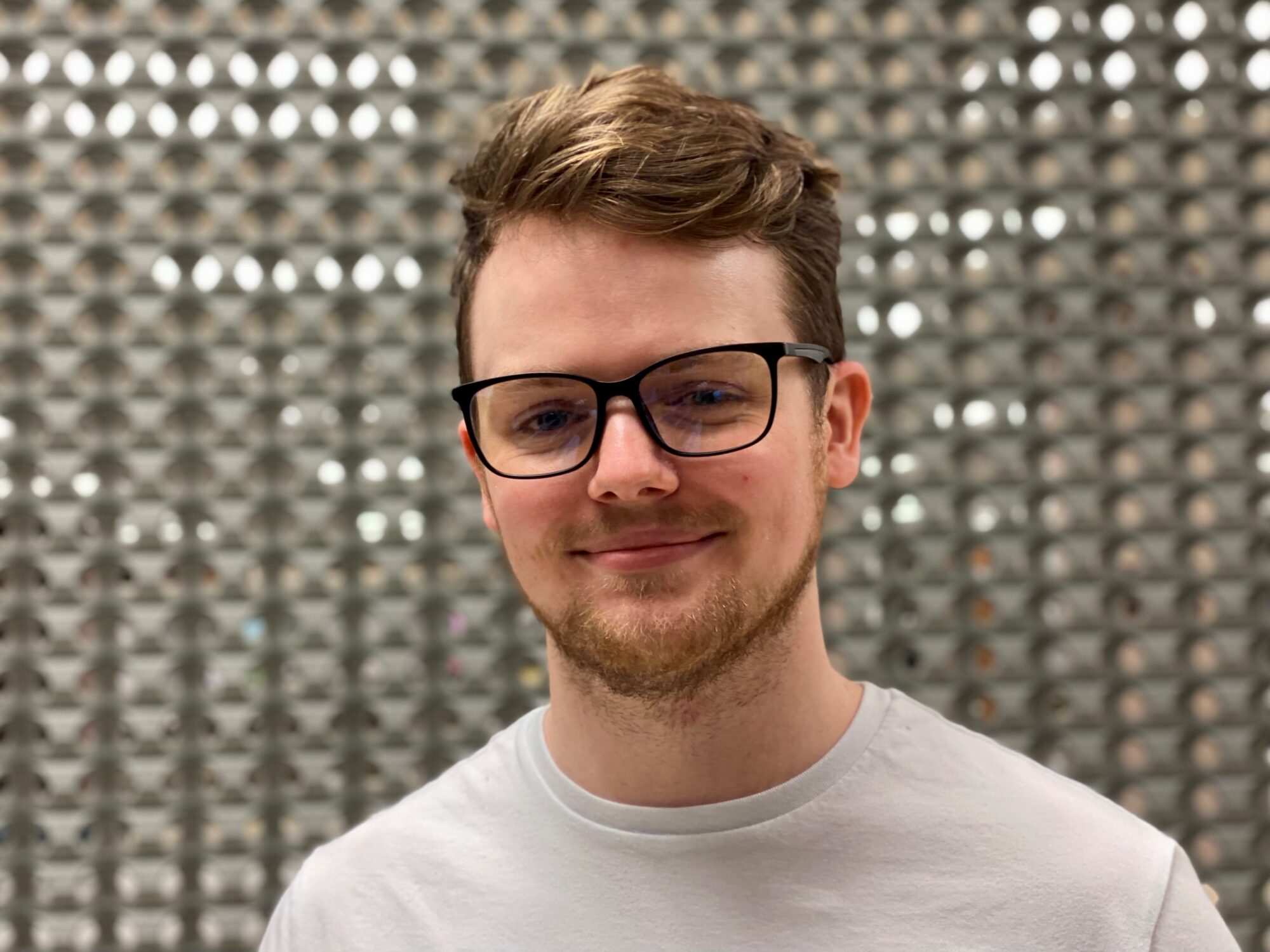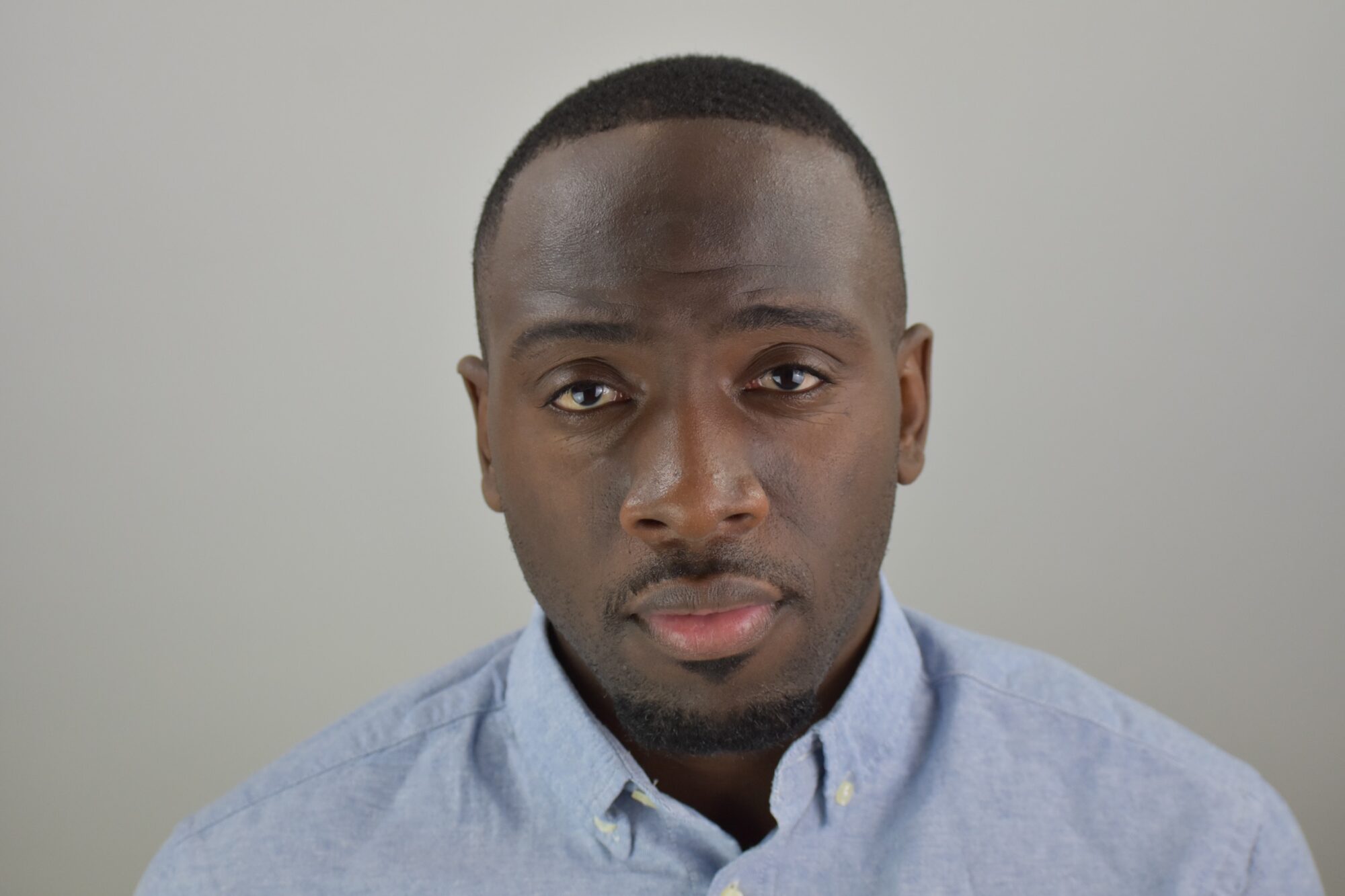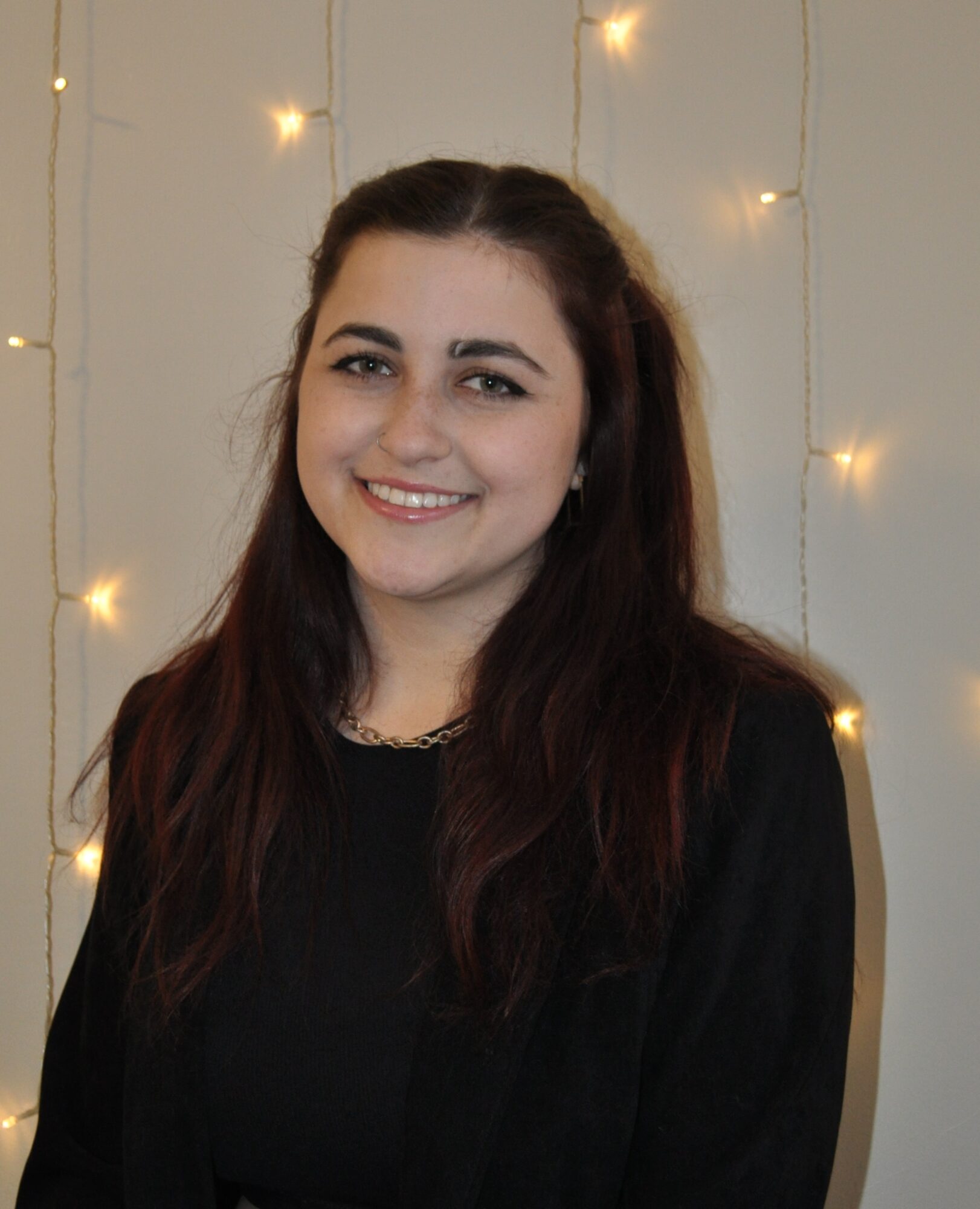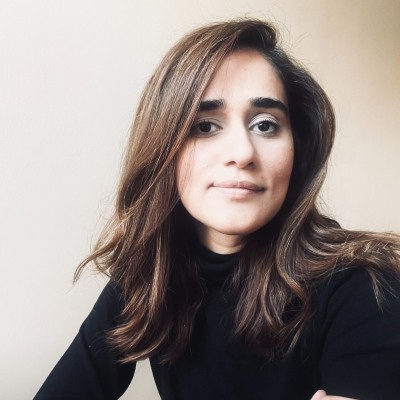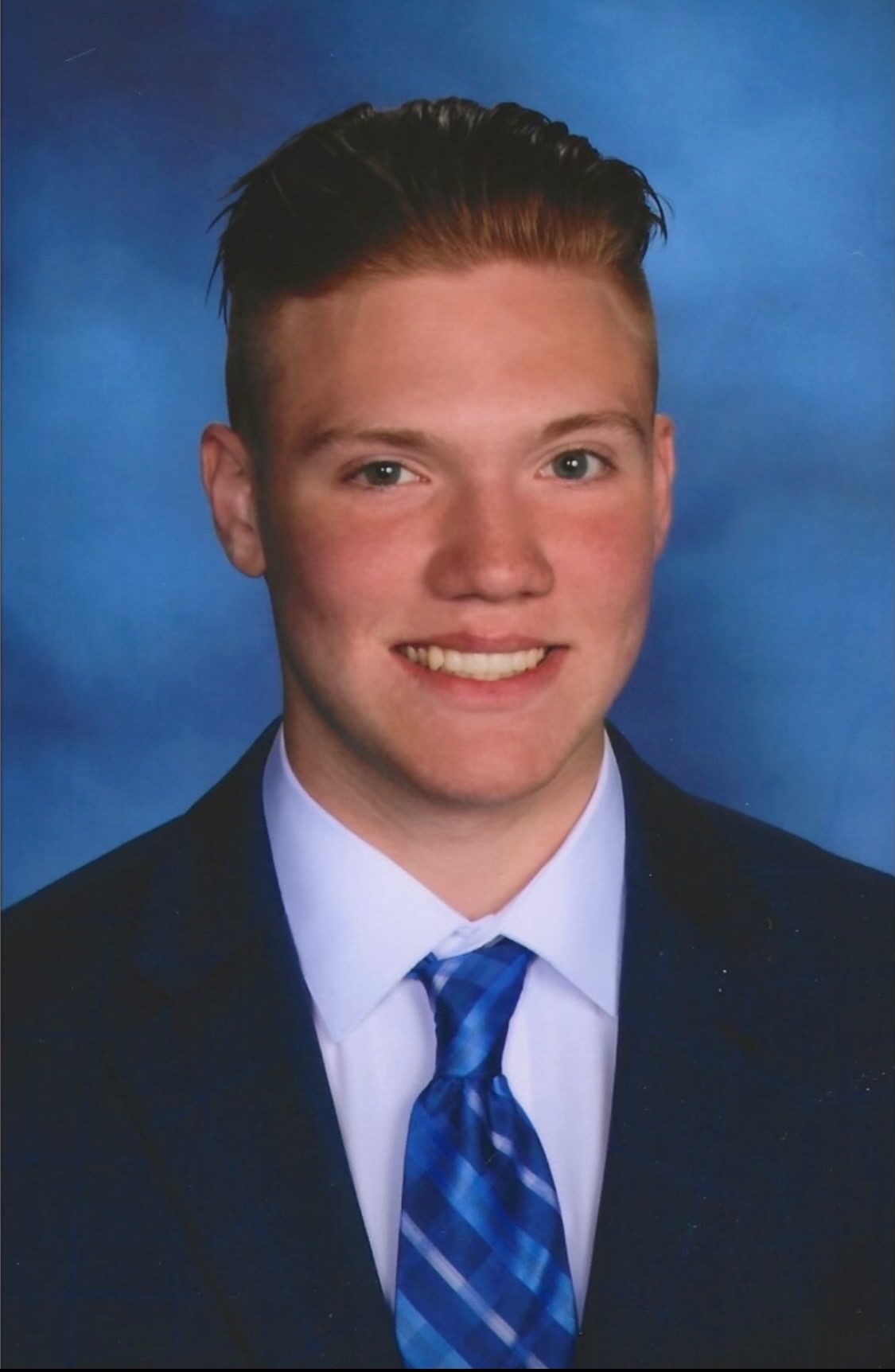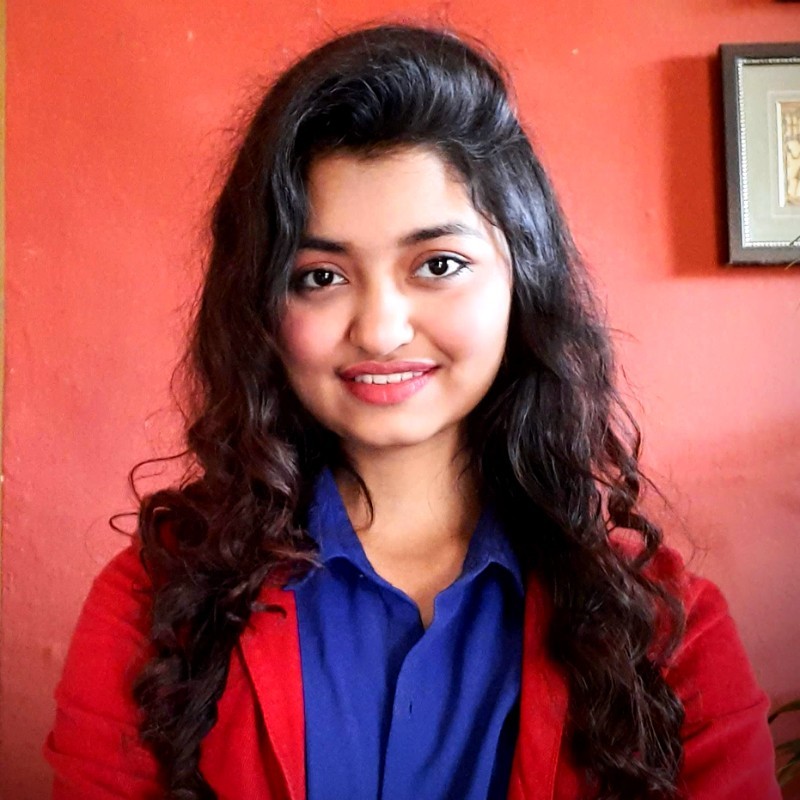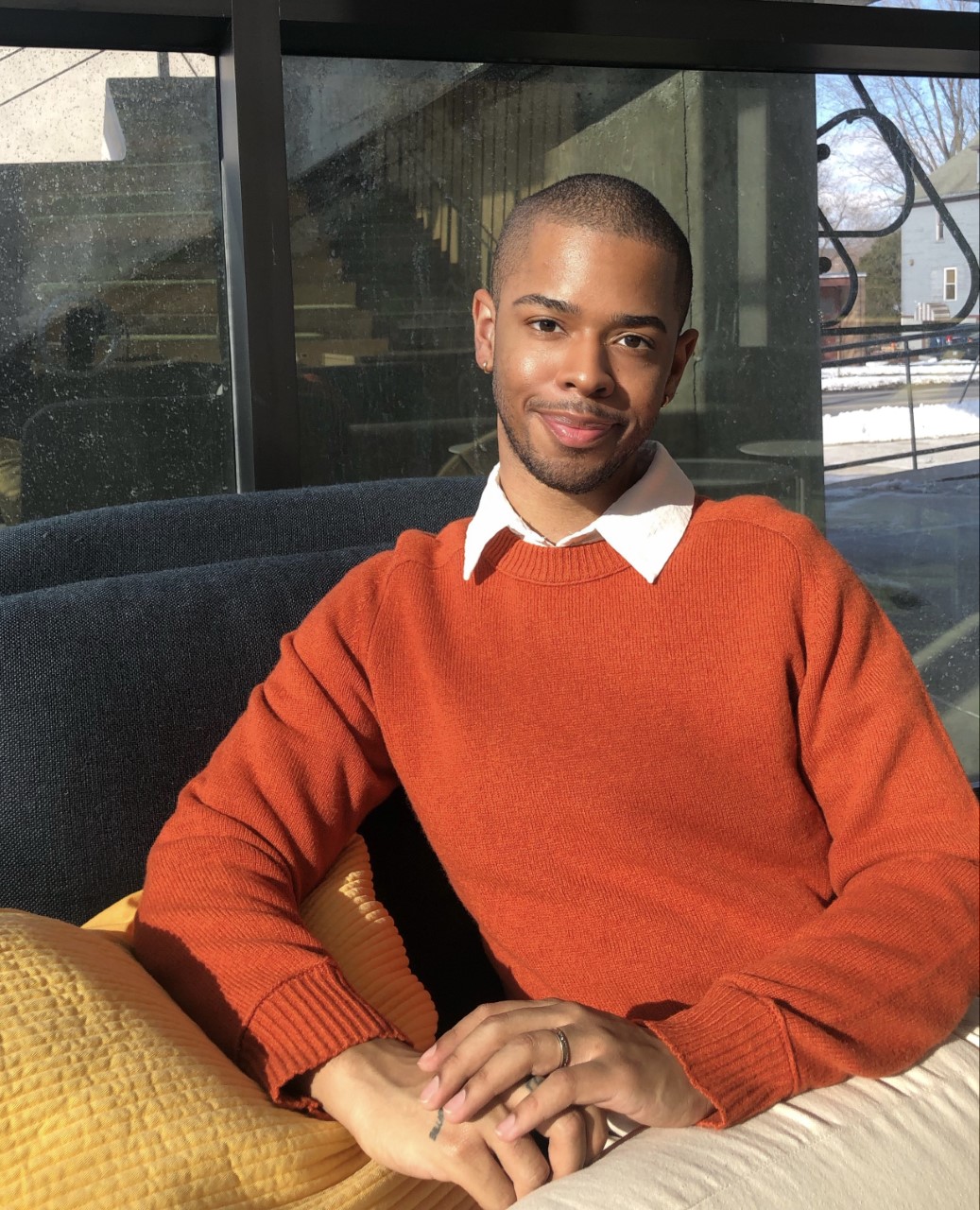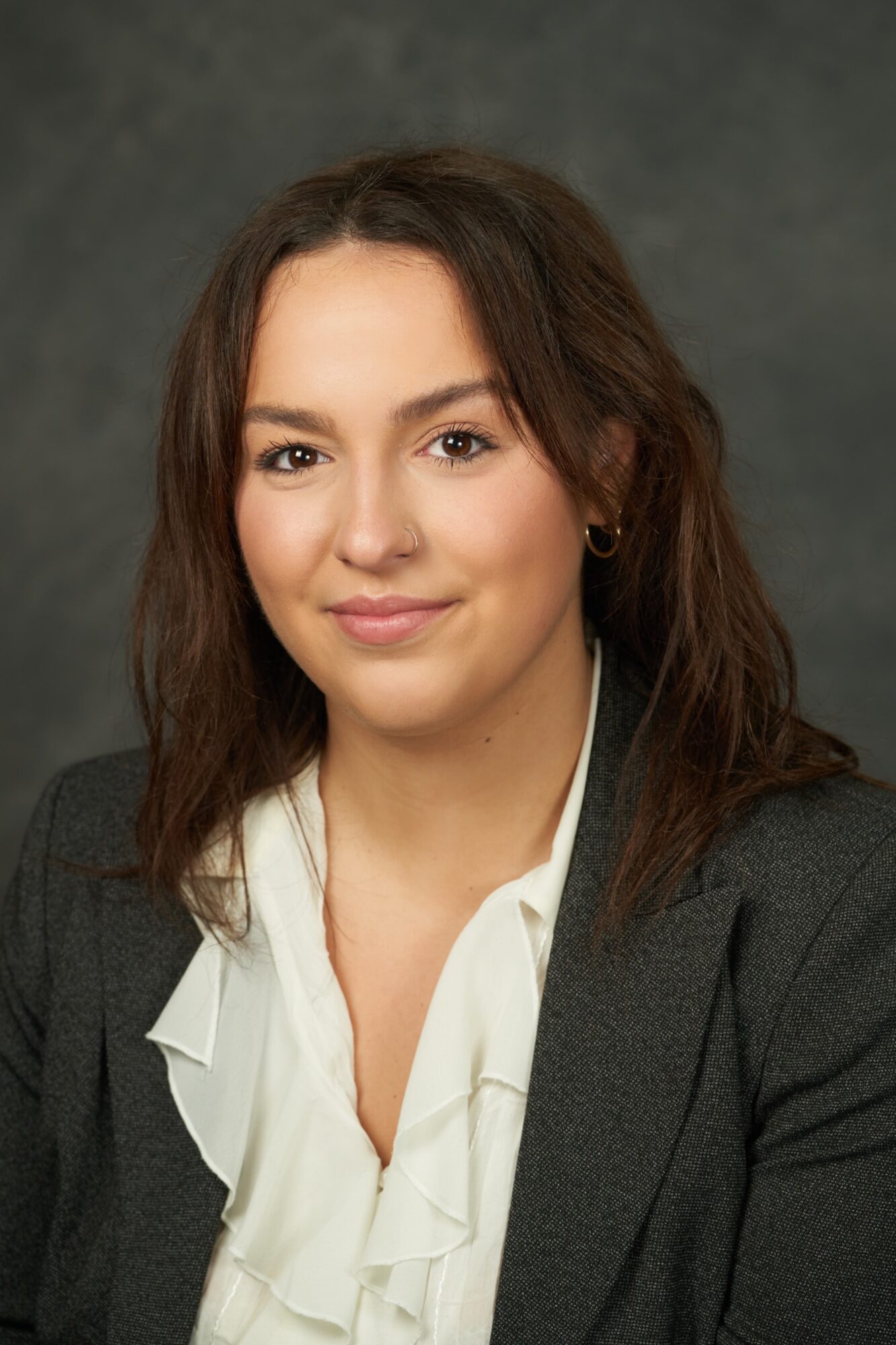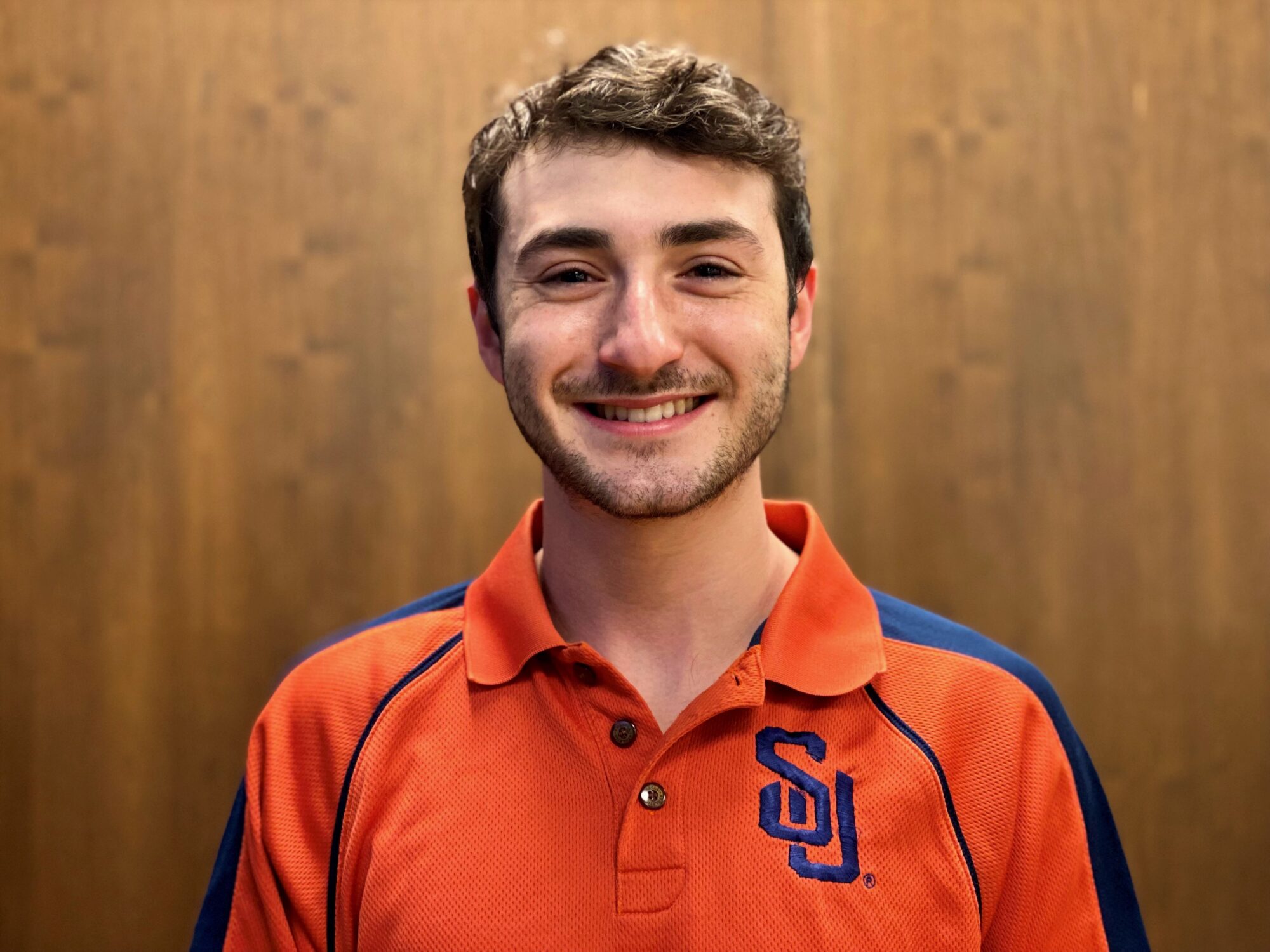
Ben Olender ’22 was born and raised in South Orange, New Jersey. He’s a senior undergraduate at the Whitman School of Management, double majoring in marketing and management. Ben believes that success derives from persistence. He says that “Any entrepreneur’s biggest asset is problem solving. There is always a way around the wall or block in the road. I enjoy those challenges.”
Ben tells the story of how he created a unique multiplier tool. He knew an electrician who had to buy new pliers every time a set broke. Ben thought of a solution almost immediately, a detachable plier head that could easily be replaced. He then collaborated with an engineer to make a prototype. Ben had so much belief in the potential for the idea that he based his entire Whitman Capstone project on it and won the fall 2021 Capstone Competition.
Ben continued work on the idea, filed an LLC and won a LaunchPad Innovation Grant. Ben says it has been incredible to see the progress he made this semester, as he continues to see his idea come to life. He is currently refining the concept through the EEE453 LaunchPad class this semester, which he describes as exciting to be working in a cohort of other like-minded inventors and innovators.
“Shrink your toolkit and multiply your capabilities,” says Ben about his invention that connects the gap between traditional pliers and a simplistic, multi-use alternative. “We aim to alleviate the stress of too many choices, expensive nature of acquiring an array of pliers, and the inconvenience of frequent maintenance and replacements.”
Ben has received a great response to his concept. “People do not have a pair of pliers that can adapt to the needs of their project. Owning multiple pairs of pliers weighs down toolkits and is not cost effective. Pliers require maintenance and replacements which can be costly and inconvenient. First-time tool owners are overwhelmed with options and unsure of which type of plier they will need.”
“Our primary target market is the group we have coined the ‘DIY Lover.’ This group of individuals falls within the home improvement market, whose steady growth has been accelerated by the pandemic. Currently, total home improvement sales are projected to reach $510 billion by 2024. Secondly, we have identified the ‘First Time Mover’ market which consists of millennials who, as the largest group of homeowners, make up 37% of the overall share in 2021. Finally, the “Handyman’ group includes electricians, plumbers, contractors, and other tradesmen with extensive knowledge and utilization of tools.”
Ben is working on a utility patent to safeguard his unique and proprietary design. From there he will build out his business-to-consumer business model, expanding from online sales into hardware retail locations through proof of sales.
There is no doubt that he is a multi-talented inventor who has created just the right multi-tool at the right time for the right market.
Story by Zaccai Foundation Fellow Samba Soumare
